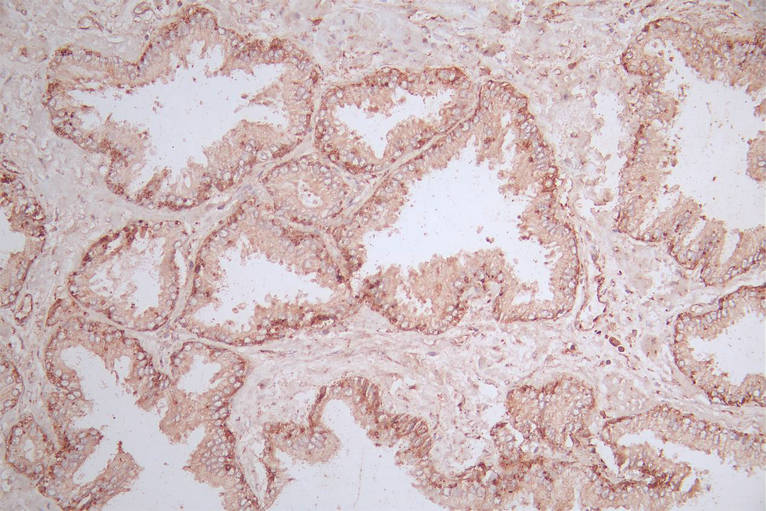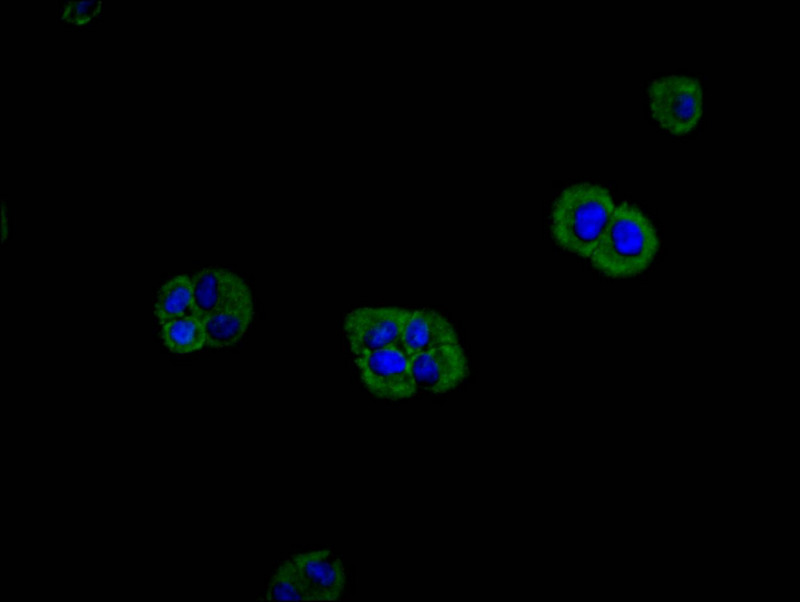The MRAS recombinant monoclonal antibody was created by integrating the MRAS antibody genes into plasmid vectors. These engineered plasmid vectors were subsequently introduced into suitable host cells using exogenous protein expression techniques, facilitating the production of the antibody. Following the production process, the MRAS recombinant monoclonal antibody underwent purification through affinity chromatography. Comprehensive validation was conducted to confirm the suitability of this MRAS recombinant monoclonal antibody for three applications, including ELISA, IHC, and IF.
The MRAS protein is a member of the Ras superfamily and functions as a molecular switch in cellular signaling pathways. Its main functions include regulating cell growth, differentiation, survival, and receptor tyrosine kinase (RTK) signaling transduction.







